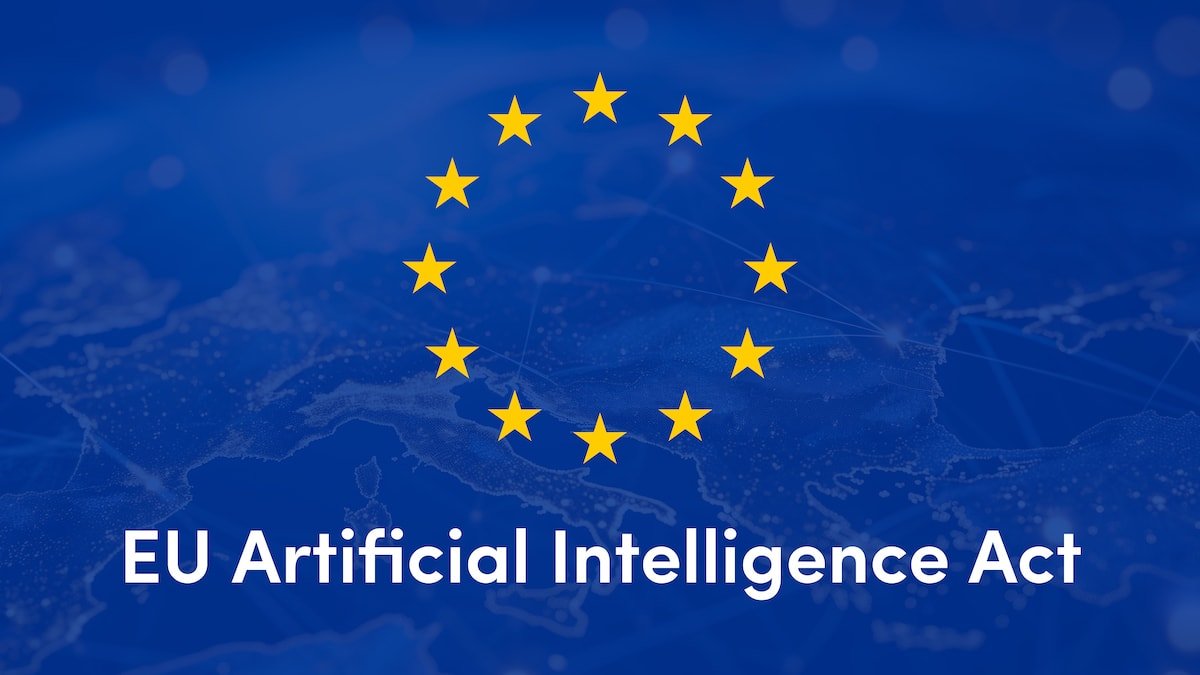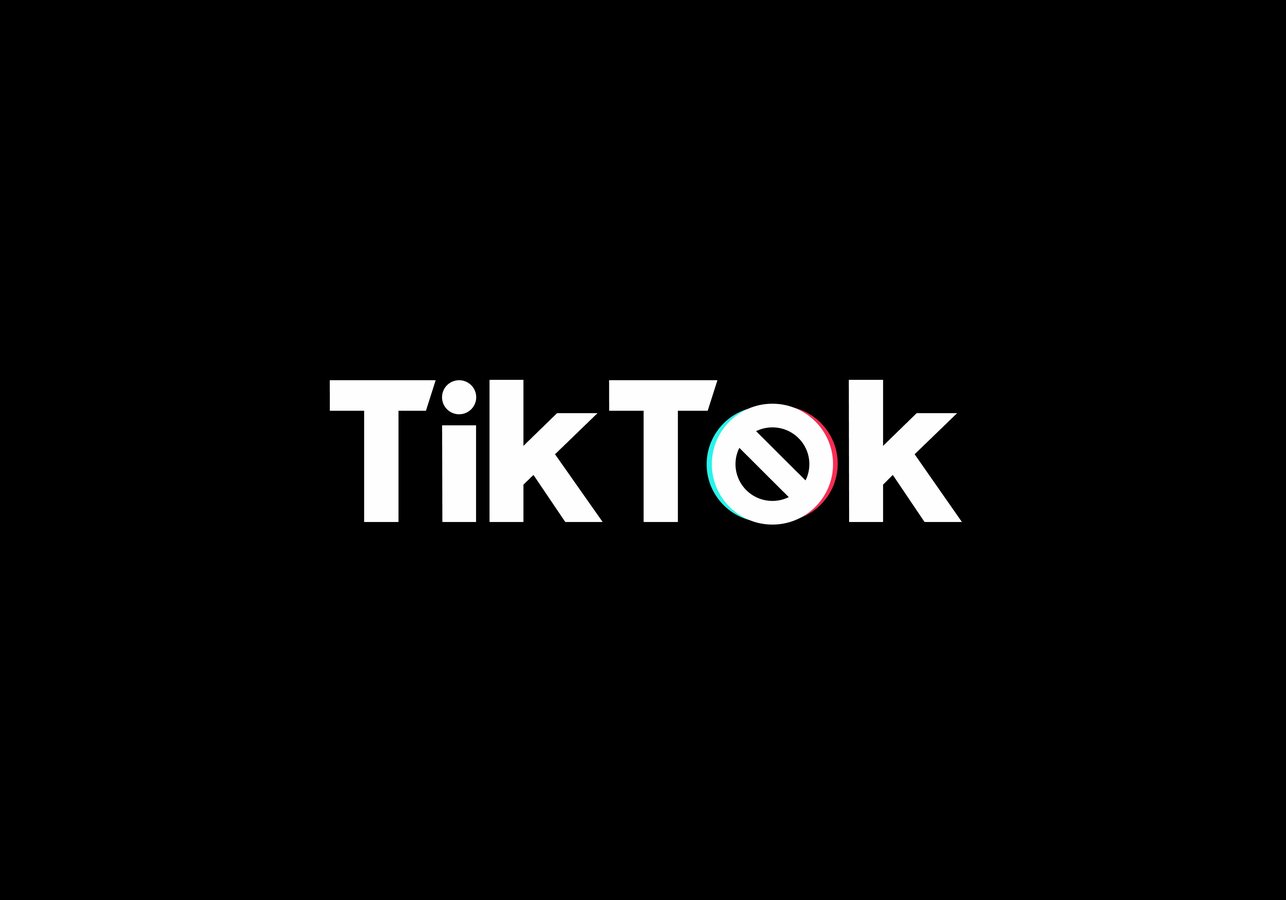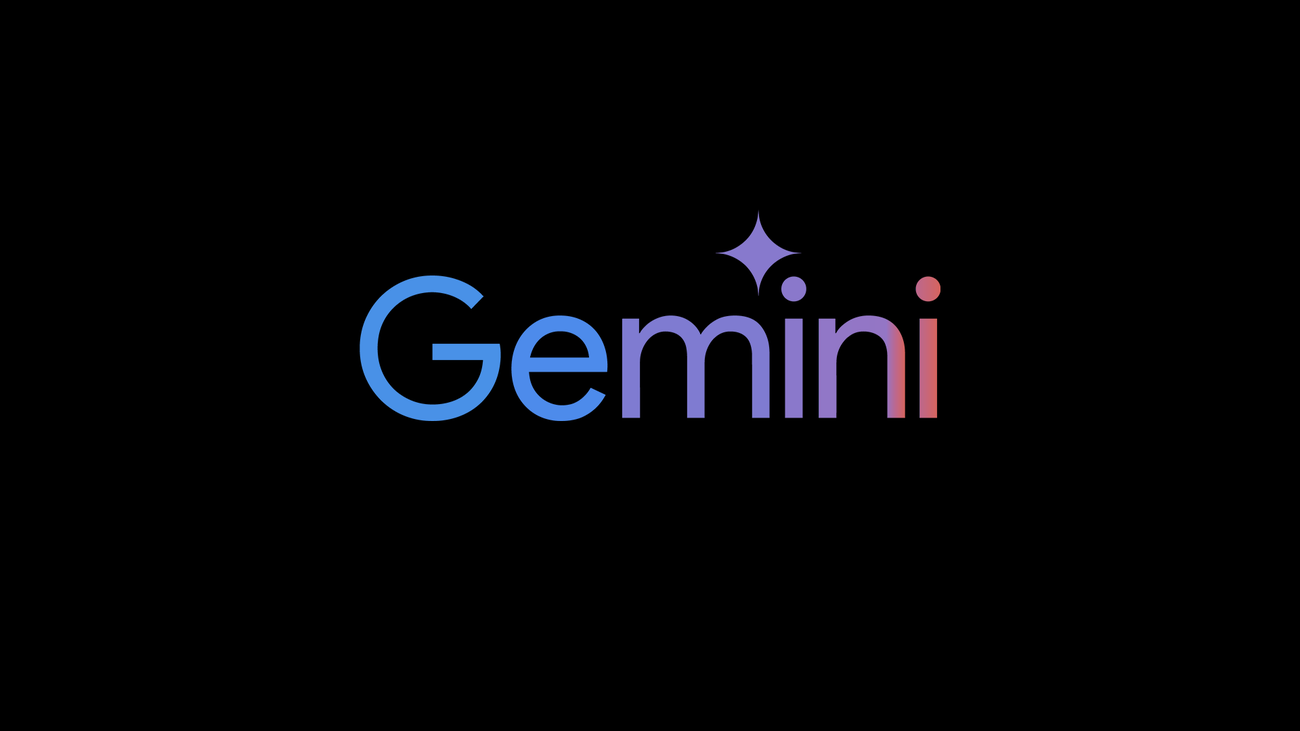AI Regulation in the EU
What you need to know about the European Union’s Artificial Intelligence Act.

As artificial intelligence (AI) and machine learning technologies become more common within the daily lives of the general public, the demand for ethical safeguards and transparency on how AI-based systems are being used increases. With this in mind, the European Union has passed a world-first legislation, called the Artificial Intelligence Act, set to take effect between May and June 2024.
AI Act Basics
At its core, the AI Act is designed to manage the usage of AI systems within the EU, ensuring transparency, accountability, and fairness. This legislation applies to a wide range of stakeholders involved in developing and deploying AI technologies, including: AI developers, deployers, and small to medium-sized enterprises (SMEs).
The AI Act adopts a risk-based approach for categorizing AI systems into four tiers:
- Unacceptable Risk: AI systems with potential risks to safety, livelihoods, and rights are outright banned. This includes practices like government social scoring and toys encouraging dangerous behavior.
- High Risk: AI systems in critical areas like transport, education, safety products, employment, public services, law enforcement, migration, and justice require strict obligations before market entry. This includes
- Limited Risk: The AI Act requires transparency in AI usage to build trust. For example, when interacting with AI-like chatbots, people must be informed they’re interacting with a machine. AI-generated content must be labeled, to provide clarity for users facing AI online.
- Minimal or No Risk: AI systems with minor risk, such as spam filters or video games, are freely available.
Noncompliance with the AI Act would result in a financial penalty. Depending on the violation and the size of the company, penalties can range from 35 million euro or 7% of global turnover to 7.5 million or 1.5% turnover.
Why Do We Need Rules for AI?
The AI Act helps ensure that Europeans can trust what AI has to offer. While the majority of AI systems pose limited or no risk, certain AI systems create risks that we must address to avoid undesirable outcomes. The goal is to keep the impact of AI from causing the kind of disruption that results in destruction of businesses, data privacy, and of government programs.
How Will the AI Act Affect the U.S.?
For businesses in the U.S. that use AI in their products and services, the AI Act will pique the topic of transparency, nudging creators to reveal information about how they train their AI systems.
Companies can prepare for a potential U.S. AI regulation by setting up standards for how they develop and use AI right now. These guidelines will help determine if and how AI is used responsibly, and if they are aligned with surrounding laws and standards. Here are some additional ways businesses can establish transparency in how they use AI:
- Keep a record of AI use
- Form a committee to make informed decisions
- Develop clear rules and procedures
- Encourage responsible AI use
Next Steps?
The AI Act has the potential to significantly change the way companies operate within the EU and globally. As the first law of its kind, it sets the tone for future U.S. legislation. As the AI Act comes to term, businesses worldwide should invest in AI governance frameworks and conduct risk assessments to account for future compliance and AI’s transformational potential.
Stay tuned for the latest updates.




